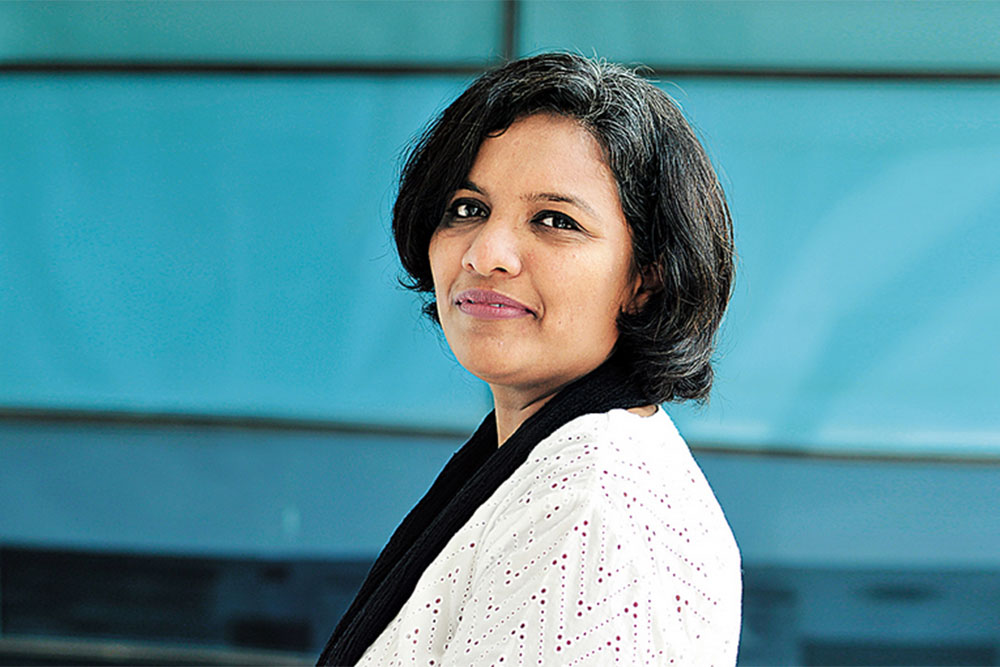The miraculous properties of turmeric notwithstanding, who would have imagined the son of a turmeric farmer from Andhra Pradesh would one day become the doyen of the Indian pharma industry?
Anji Reddy, the founder of Dr Reddy’s Laboratories (DRL), was not only one of the most respected drug makers in the country, he was instrumental in establishing India firmly on the global generics map and making medicines affordable to a vast majority.
But what set him apart from the rest of Indian big pharma was his belief that Indian drug manufacturers could better their reputations, from being mere copycats to ones that focused on innovation and drug discovery. And Anji Reddy walked the talk, kicking off drug discovery as early as 1993 and becoming the first company to out-license a molecule to an innovator company. Unfortunately, the failure of Balaglitazone (named after Lord Balaji), which was also the first lead molecule to come out of DRL’s drug discovery, compelled the visionary leader to change course forever. He realised the hard way that building a research-focused company was beyond the scope of a company its size. Now, drug discovery is no longer DRL’s main mission, but research continues to be an area of priority: though insignificant compared with overall sales, at ₹790 crore, the company’s R&D spend is still the largest in Indian pharma.
As Anji Reddy’s legacy passes to his son-in-law, GV Prasad, and son, Satish Reddy, the company is re-inventing each of its businesses to adapt to the changing pharma landscape. DRL is bringing stability to its revenue, while continuing to invest in future areas of growth such as biosimilars and complex generics. Associate Editor Kripa Mahalingam takes a look at whether the new game plan will work: Inside Dr Reddy's
But the bigger question is whether DRL will go down the road taken by promoters of other Indian pharma companies, and sell out. For some time now, the promoters have been holding 25% stake in the company with no visible inclination to hike it any further. While Anji Reddy always wanted his company to have a history like that of the 640-year-old Merck, whether that will indeed be the case, only time will tell.











